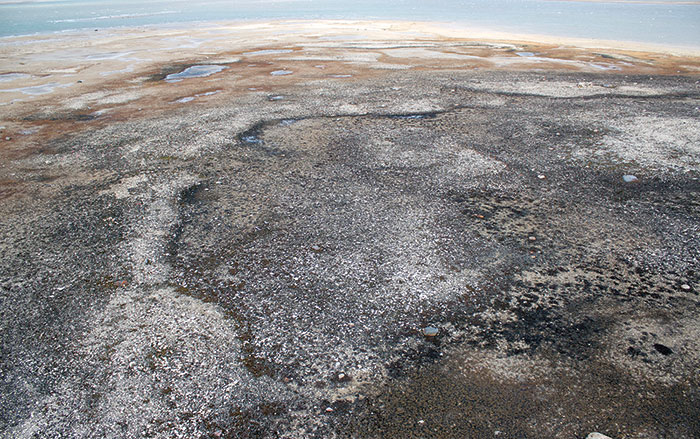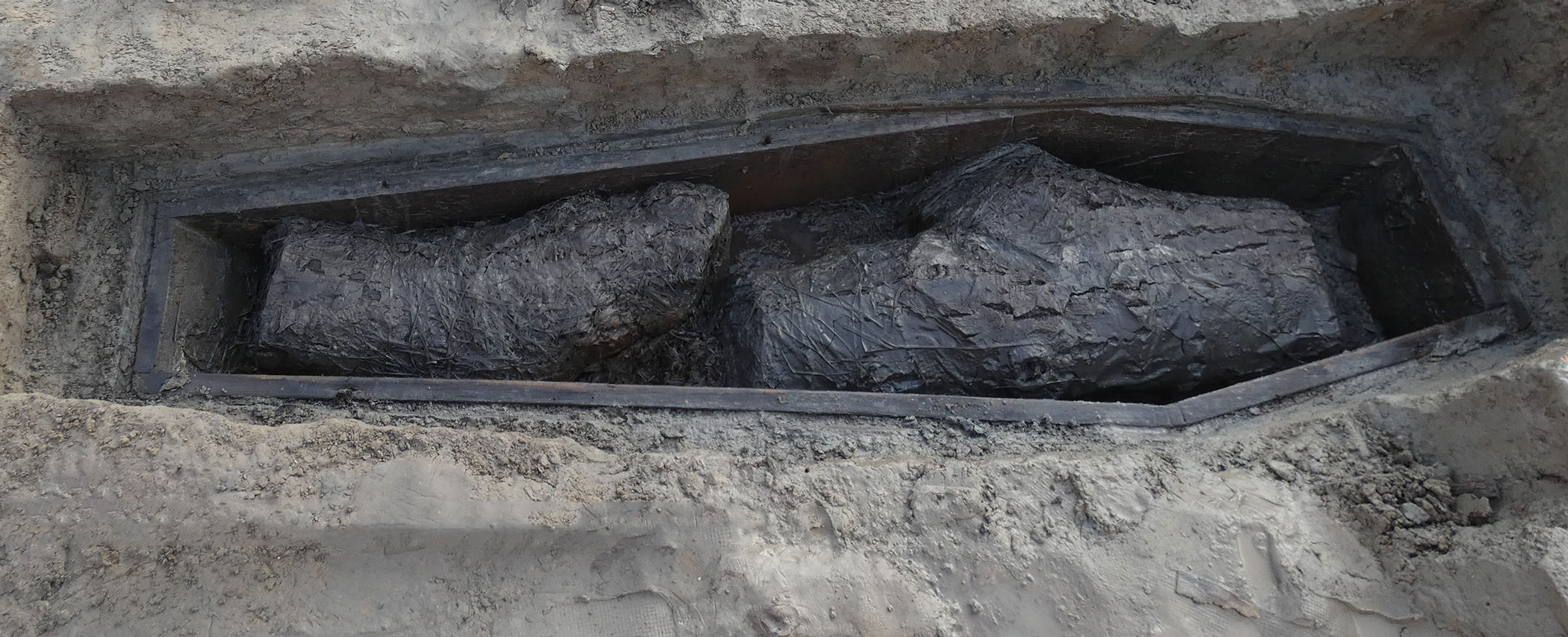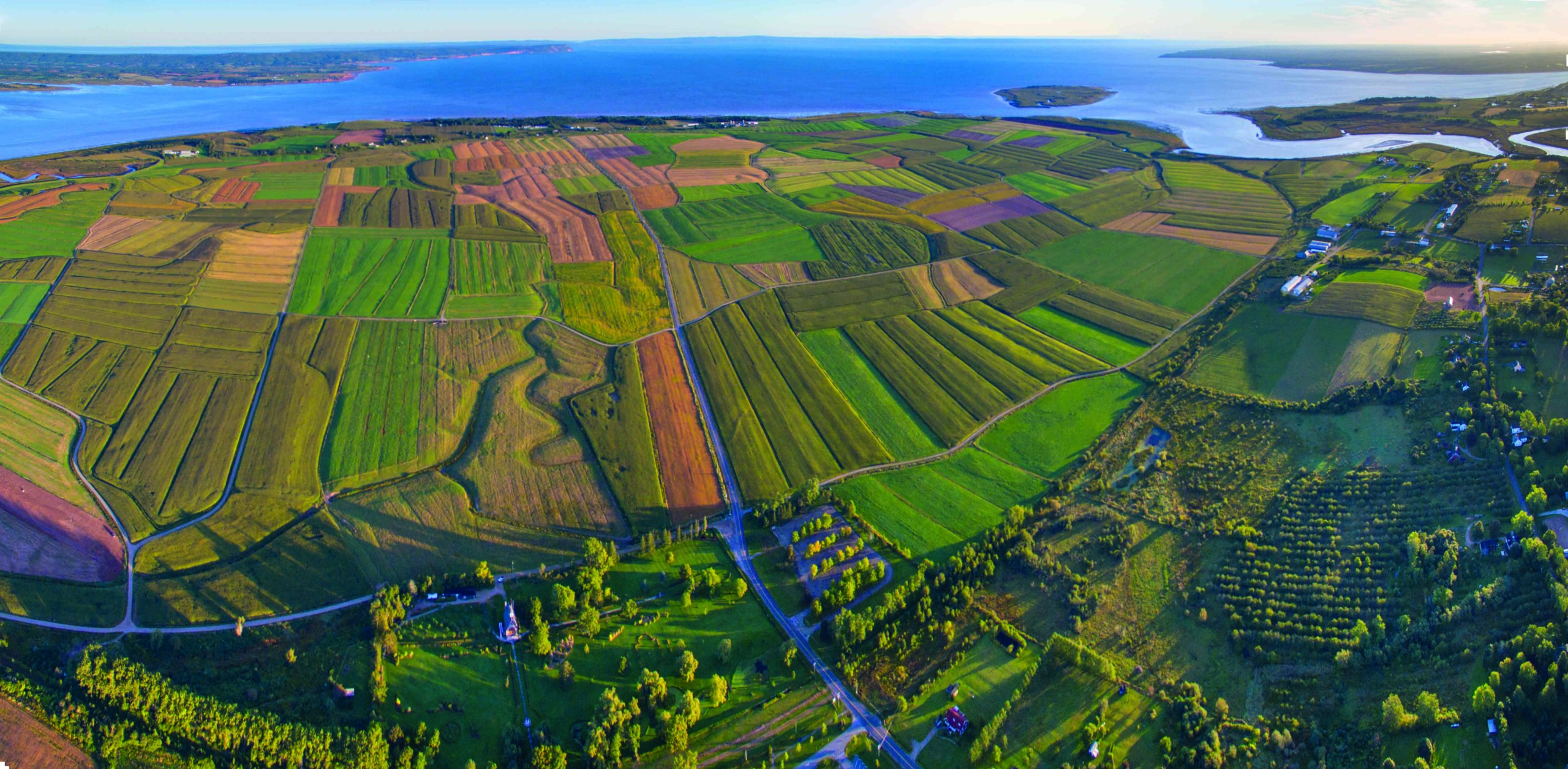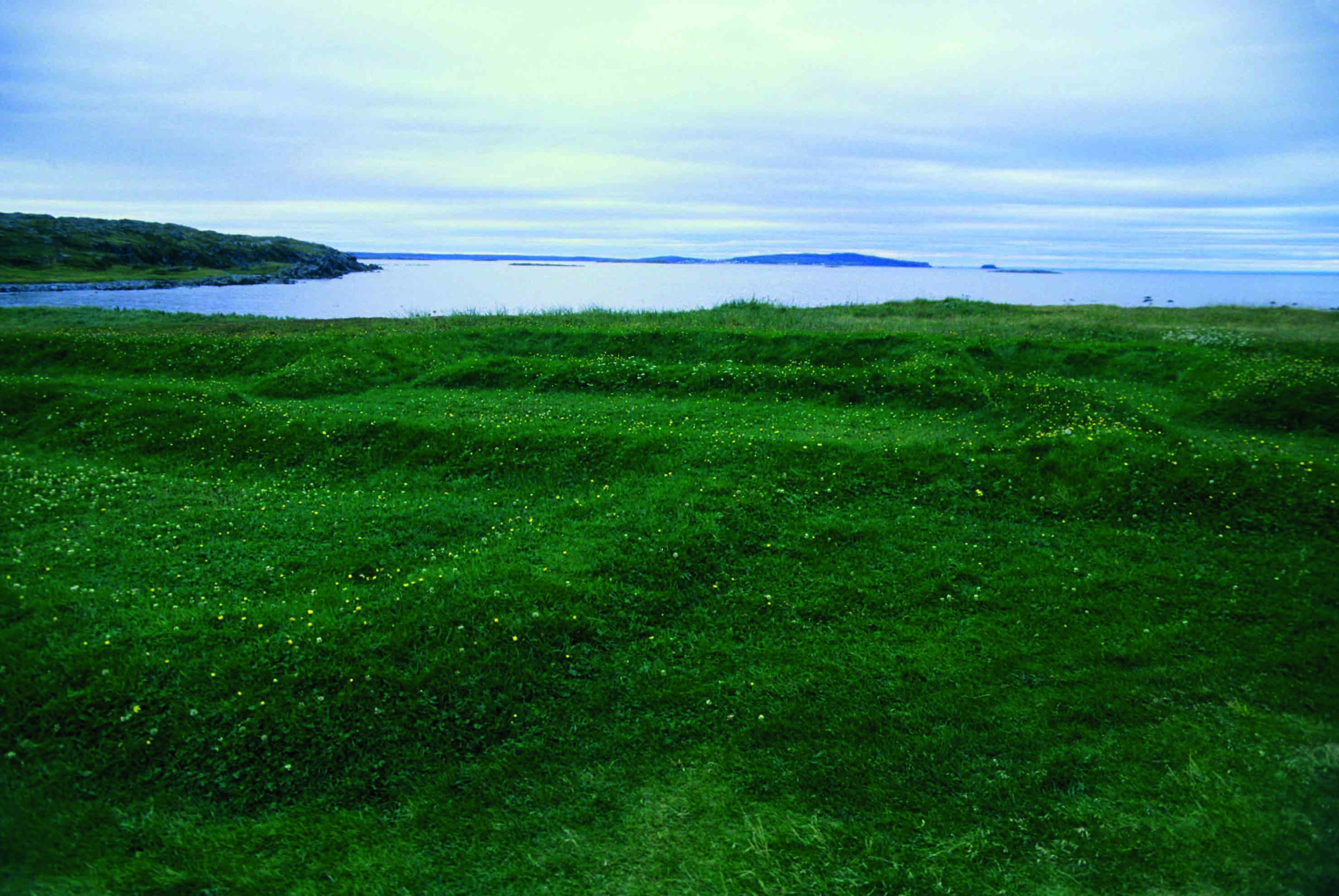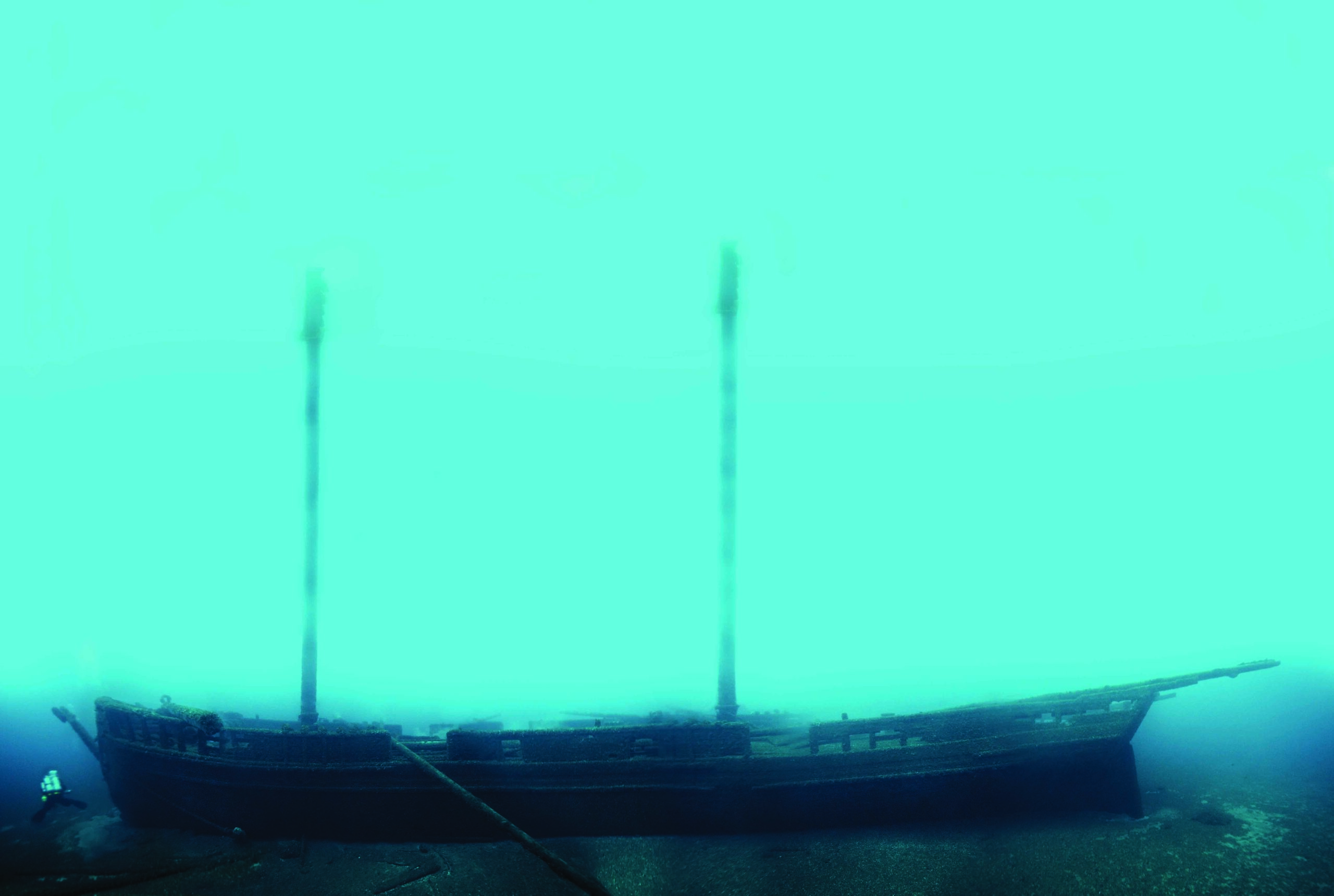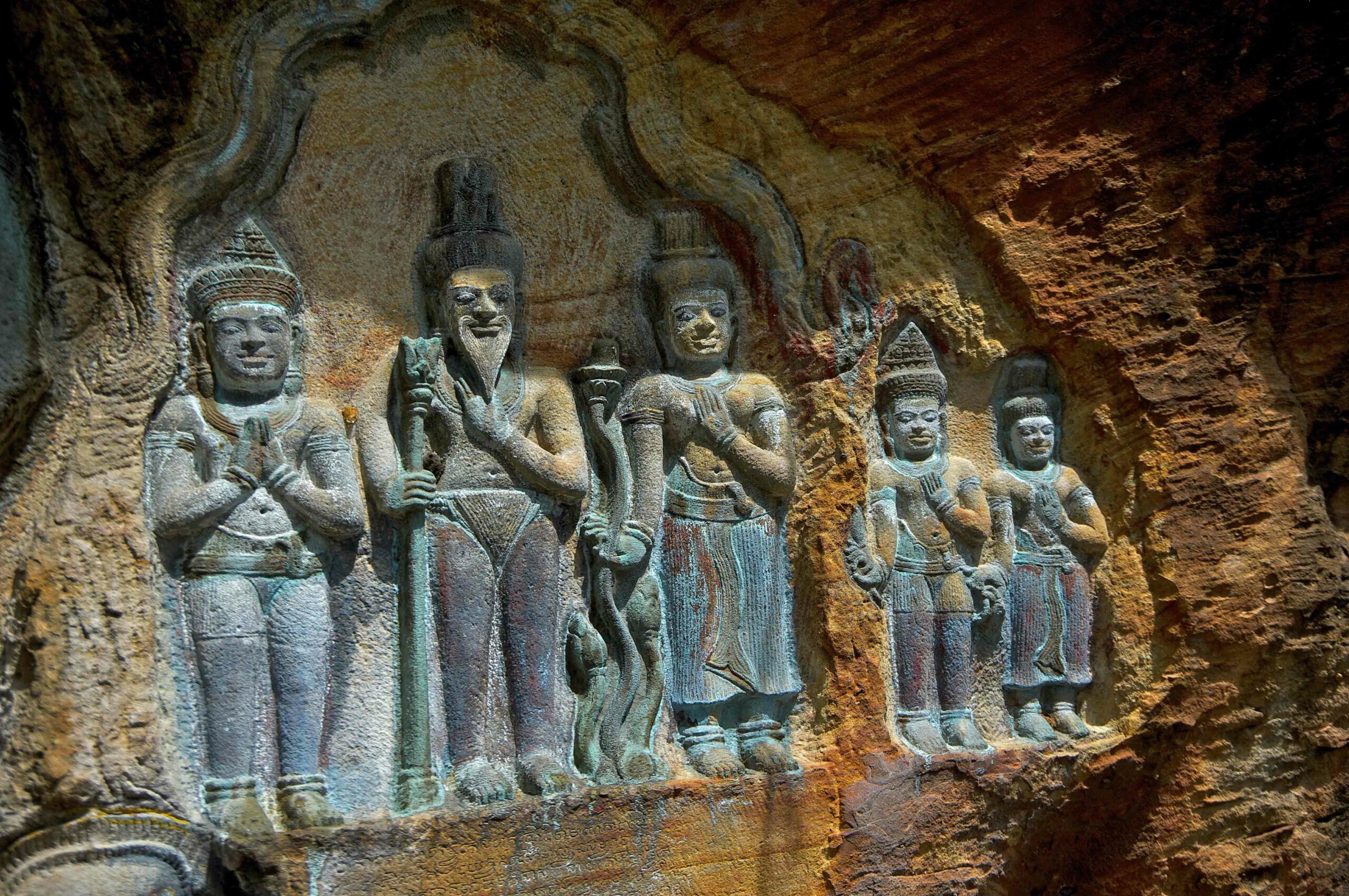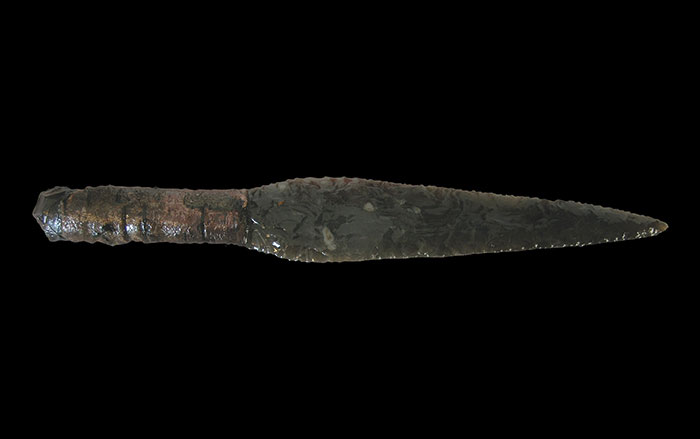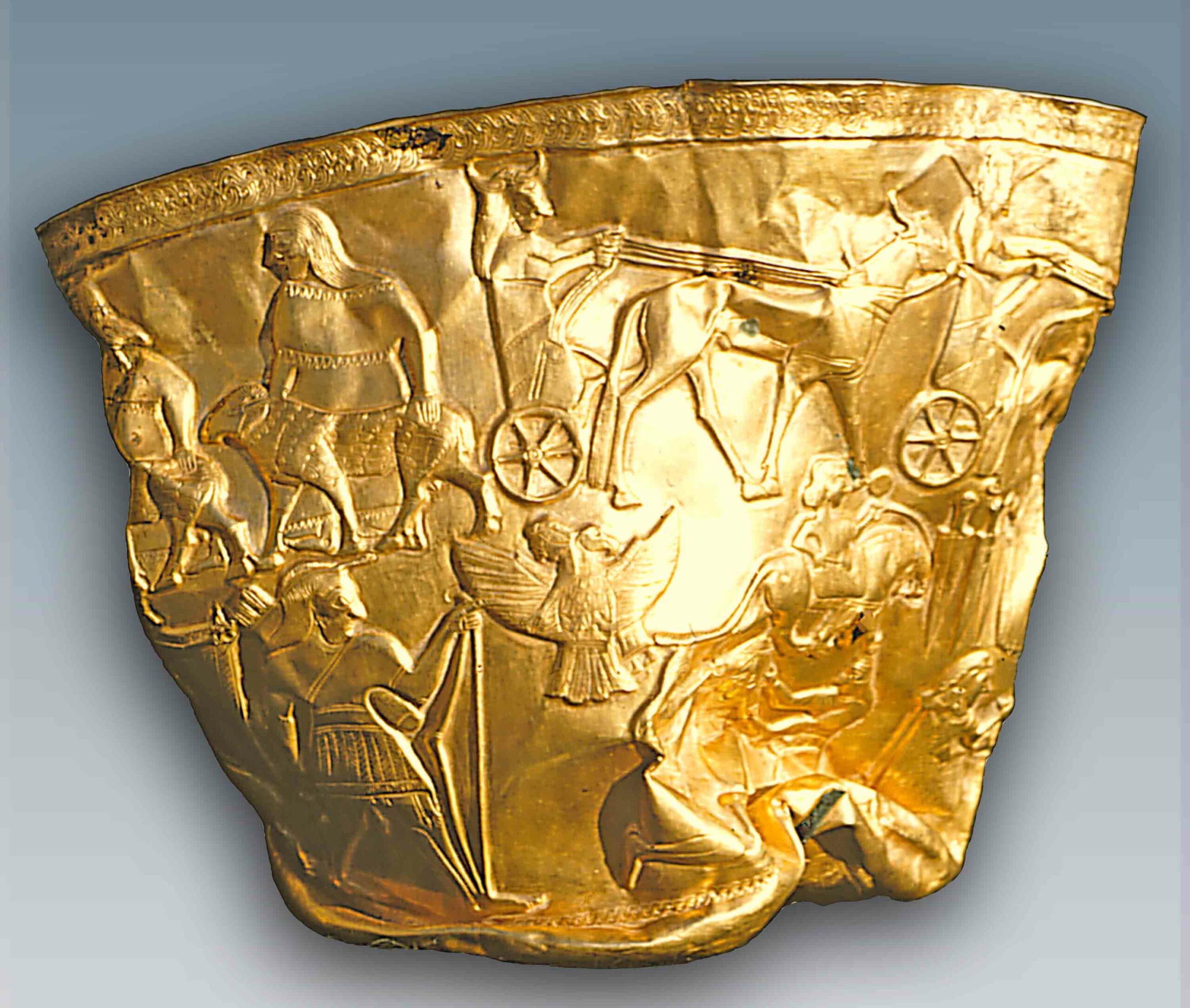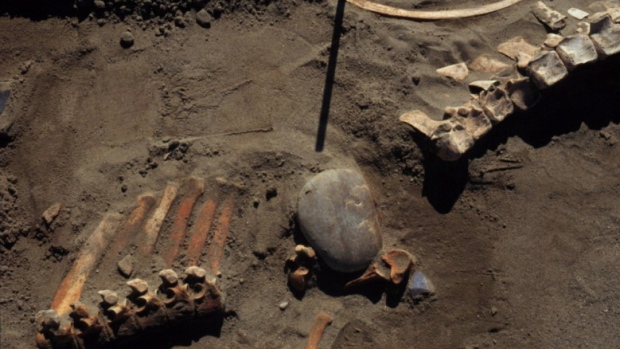
CALGARY, CANADA—New, more accurate radiocarbon dates have been obtained for a well-preserved hunting site discovered along the St. Mary River in southern Alberta in 1999, during a period of low water levels. The footprints of horses and camels, their butchered bones, and stone tools, are 13,300 years old. “It’s quite awe-inspiring to stand there and know that these are the first Albertans,” Brian Kooyman of the University of Calgary told CTV News. The animals probably came to drink at the kill site, where they were ambushed by hunters. “We can actually see what they were doing. They’re hunting systematically and successfully and more than one animal species. I don’t think there’s anything really like it,” Kooyman added. To read in-depth about prehistoric buffalo hunting in this area, see "The Buffalo Chasers."


